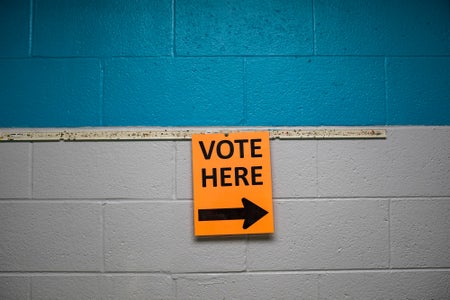
Why Election Polling Has Become Less Reliable
Election polls are increasingly vulnerable to huge mistakes

Why Election Polling Has Become Less Reliable
Election polls are increasingly vulnerable to huge mistakes
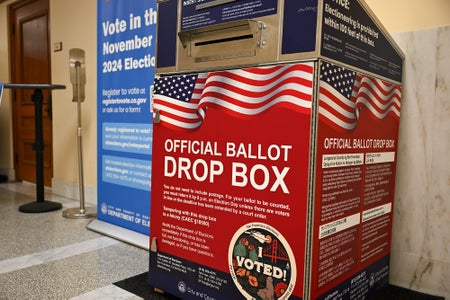
Why Are Close Elections So Common?
When voters decide between two alternatives, as is effectively the case in the U.S. presidential election, it usually comes down to a neck-and-neck race. Researchers can now explain this mathematically

Read all the stories you want.

Sunken Temple of Ancient Arabian Civilization Found off Italy
An ancient temple made by Arabian immigrants from the Nabataean culture has finally been found off the Italian coast

We Must Restore Trust in Science in ‘Antiscientific America’
Anti-intellectualism is a prevalent and pernicious force in American public life. Stimulating interest in science may combat its influence
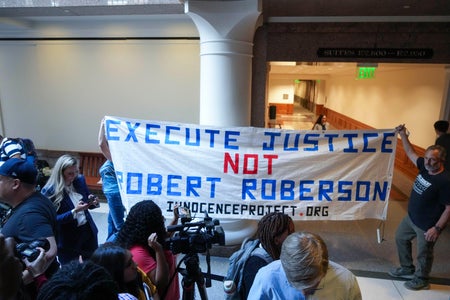
Shaken Baby Syndrome Has Been Discredited. Why Is Robert Roberson Still on Death Row?
Convicted of a crime that never happened, Roberson’s case is a prime example of how the U.S. legal system often fails to recognize advances in scientific knowledge
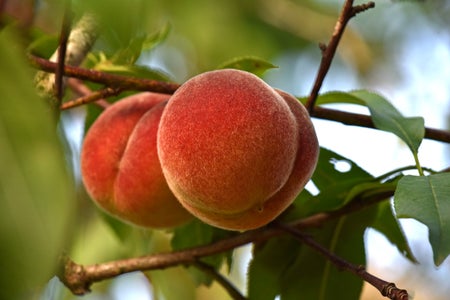
The Surprising Story of How Peaches Became an Icon of the U.S. Southeast
The Spanish brought peaches to the U.S., but Indigenous peoples spread the fruit across the eastern half of the U.S.
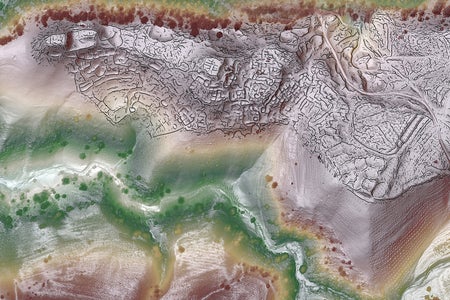
Lost Silk Road Cities Discovered High in the Mountains of Central Asia
On the Silk Road, these lost twin cities may have sustained themselves in a foreboding landscape with metallurgy and commerce

Biden’s Withdrawal Made Containing War in the Middle East Harder
As tensions soar in the Middle East, the president’s lame duck status hinders efforts to manage the escalation of risks in the region

Book Review: How the Author of Braiding Sweetgrass Imagines a New Economy
Robin Wall Kimmerer changed our ideas of sustainability. Can she do the same for economics?
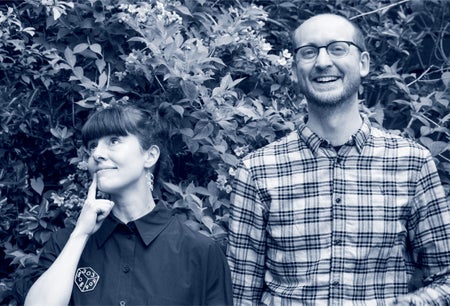
Contributors to Scientific American’s November 2024 Issue
Writers, artists, photographers and researchers share the stories behind the stories
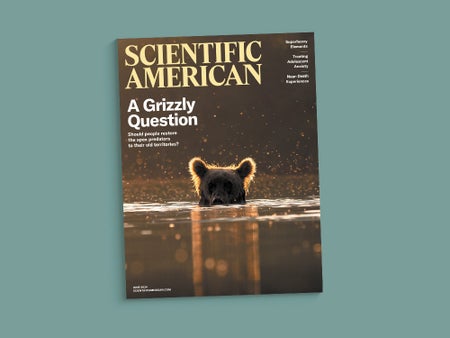
Readers Respond to the June 2024 Issue
Letters to the editors for the June 2024 issue of Scientific American
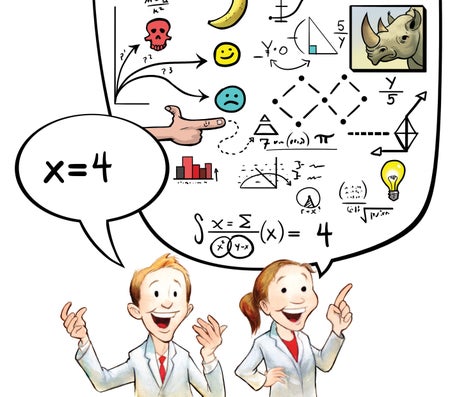
Contrary to Occam’s Razor, the Simplest Explanation Is Often Not the Best One
Occam’s razor holds that the simplest explanation is closest to the truth. But the real world is quite complex